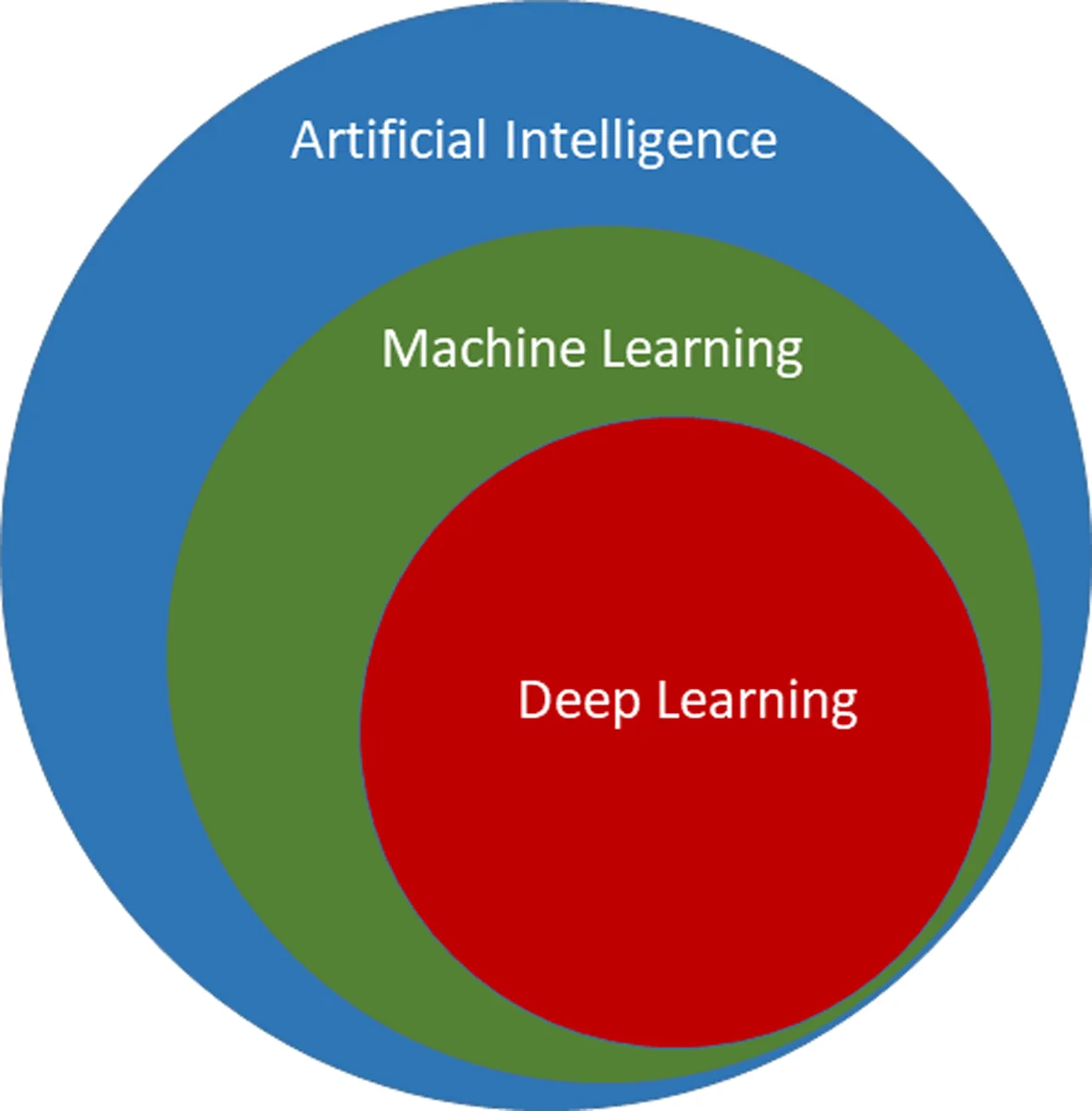Published
4 years agoon
By
Jack
The introduction of modern technologies like machine learning and artificial intelligence has improved the unorganized and fragmented logistics domain to a great extent by bringing in modifications like smart rules, autonomous vehicles and predictive analysis. The introduction of machine learning in the logistic sector has effectively managed rising fuel costs, growing client demands, and global economics. Read on to find the other benefit of machine learning, the logistic.
Precise Forecasting Of Demand
Using artificial intelligence in the logistics domain has led to evaluating thousands of disparate data sets and suggesting the steps to be taken on such findings. Machine learning can do everything, beginning from selecting the optimized carrier Option, picking the price and improving the routes. Machine learning uses a predictive analytics model including 58 variables that help make freight forwarders aware of when their average freight can increase or fall. They can create contingency plans accordingly and fix their roots according to the areas with higher demands to save on the additional operational cost. As a result, the inventory has to spend less time in the warehouse, resulting in reduced warehouse costs.
Reducing Fuel Costs
If there can be a reduction of a mile per day for one vehicle in the logistics domain, one can find savings of millions in a year. Many logistic companies have used machine learning technology in their global logistics network. One such technology is (On-Road Integrated Automation and Navigation) ORION that helps vehicles capture data continuously to optimize and plan the routes to be taken. As a result, the vehicle travels millions of miles less on an annual basis, and therefore, there is a significant reduction in fuel cost.
Assuming The Price Of The Load
There are numerous trucking companies today, and prices change daily and on a seasonal basis. Therefore prediction of the correct price is the biggest challenge in the logistics domain. Previously, human experts would guess the costs based on their experience, but now machine learning has removed that guesswork. Machine learning helps evaluate previous freight data and the current weather and traffic conditions to determine a fair price. Freight brokers of the logistic industry also use machine learning to run carrier analytics to understand which carrier has charged what fee for transporting what kind of product. This makes it easy to choose the carrier with the least rate according to the route.
Implementation Of Machine Learning In Warehouse Management
Even though it might seem by its name, warehouse robots are no more of futuristic technology. They are now consistently used in the Logistics industry to track, locate and move inventory within the warehouse. Robots have been trained with machine learning data that uses computer vision to make autonomous decisions that improve warehouse management. A British online grocer, Ocado has built a completely automated warehouse using machine learning. Robotic machinery sorts and stores items that are rarely used in the bottom tires. It also takes a minimal amount of time to find out products and sort orders, and deliver up to 65000 orders in a week. Uses of such scalable and flexible robotic situations will be the standard infrastructure of the logistics domain.
The sudden growth in digitization is making more logistic companies include machine learning and artificial intelligence in their supply chain management to maximize their resources by reducing the money and time spent in tracking goods sent to any location.
